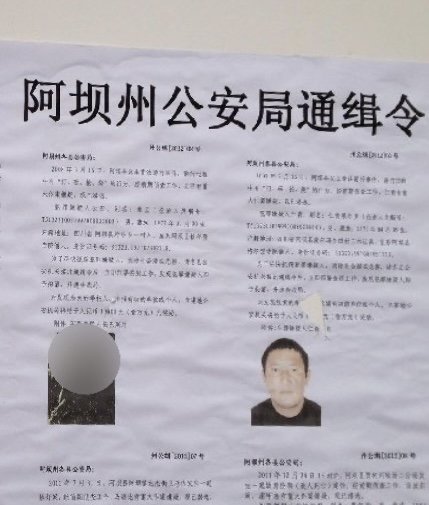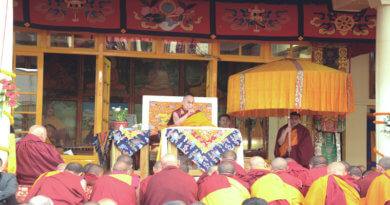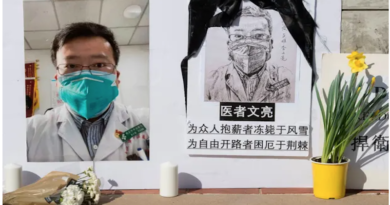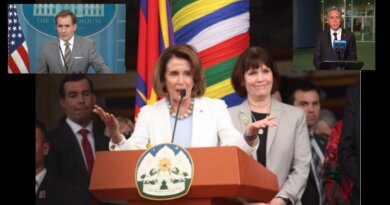Ludup, Another Political Prisoner Released In Debilitated Condition, Under Surveillance
By Tsering Choephel
DHARAMSALA, 15 March: A Tibetan political prisoner named Ludup, 54 years old from Ngaba in the traditional Tibetan province of Amdo was reportedly released from Chinese prison last month after serving a three-and-a-half year prison sentence for his participation in the 2008 Pan Tibetan uprising.
According to a report by Tibet Watch, Ludup upon his release from prison, returned home with injuries suffered during his stay in prison, where he reportedly underwent forced labour.

The report quoted a source as saying “Ludup’s leg sustained serious damage from the re-education-through-forced labour transformation, and his leg is crippled these days. Ludup currently stays at home but is regularly summoned, interrogated, and given political re-education by Meruma Township police authorities.”
Ludup had participated in the protest in front of Kirti Monastery in Ngaba on 16 March 2008, a year that saw a pan-Tibet uprising protesting against China’s rule.
He went into hiding following China’s crackdown on the protest until June 2020 when the Chinese authorities were able to nab him. During his hideout, the Chinese authority published a notice to the public asking for information about him and a few other Kirti monks. In the notice, the Chinese authority described them as having engaged in an “illegal protest movement,” says the report.
The same source has told Tibet Watch that after the authorities arrested him, his family were left in the dark about any information about his trial. After the unlawful trial, he served his sentence in Deyang Prison in Huang Xu Town of Dyang City, Sichuan Province, the report added.
Moreover, it is reported that Ludup lost his identity card during his years in hiding. With a new identity card not yet issued, he is facing difficulties accessing medical care at hospitals. Additionally, as is the case with all Tibetan political prisoners, Chinese authorities put him under high surveillance and restricted him from meeting families and friends, even during the Tibetan New Year.






